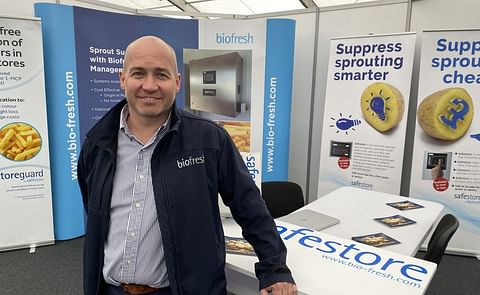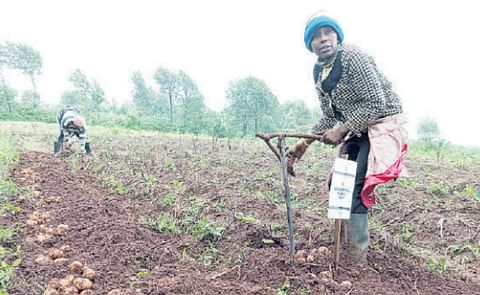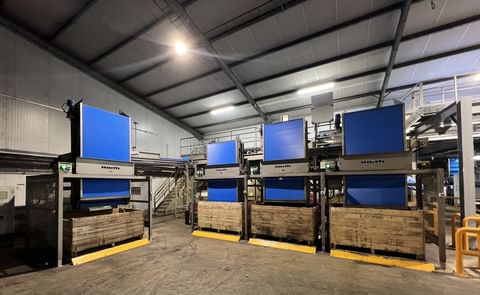Greenpeace and Friends of the Earth Europe also argued for rules to ensure these and other genetically modified products are kept off the market until there is firm proof they are safe.
The EU's 27-member executive is to decide Wednesday whether to grant licenses for the three products. If approved, they would be the first new biotech crops authorized by the EU in a decade.
"Growing these GM crops would put farming and wildlife at an unacceptable risk,"Helen Holder, from Friends of the Earth Europe, said at a news conference.
Holder said she believes the EU will reject the applications to license the Bt-11 corn seed made by Switzerland's Syngenta AG and the corn 1507 product produced by the U.S.-based Pioneer Hi-Bred International Inc. and Dow AgroSciences.
The European Commission is under heavy pressure from both industry and environmental groups over the new products. The biotech industry claims the products offer resistance to pests, defense against global food shortages and no risk to health or the environment.
Environmentalists say they may threaten the environment and more tests are needed. They want tougher assessment from independent scientific groups and a bigger role for the EU's food safety authority, which reviews biotech products.
The biotech industry has long claimed EU approval procedures are too slow and restrictive. It is pushing the EU to open its doors to more GM crops, arguing they are the only tool to deal with food shortages in developing countries.
The two corn products have been under review since 2005.
German chemical company BASF AG has warned of legal action if the EU doesn't decide soon about its biotech potato, which has been under review for nine months.
The "Amflora"potato is designed to provide starch for industrial uses, such as glossy magazine coatings and additives for sprayable concrete. BASF says byproducts could also be used to make animal feed, if given further clearance, but the potato is not designed to be eaten by humans.
Environmental groups warn the potato contains a gene making it resistant to antibiotics that could spread to conventional crops and taint the food chain.
Environmentalists say food shortages are not due to Europe's biotech rules and can easily be made up by increasing production of conventional crops








